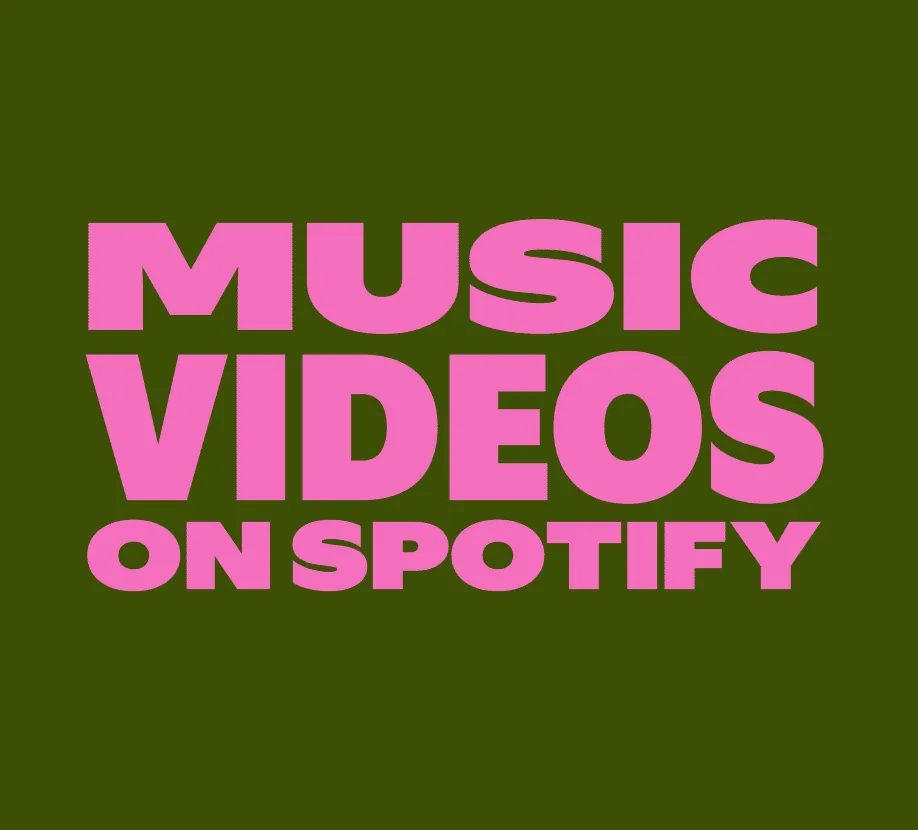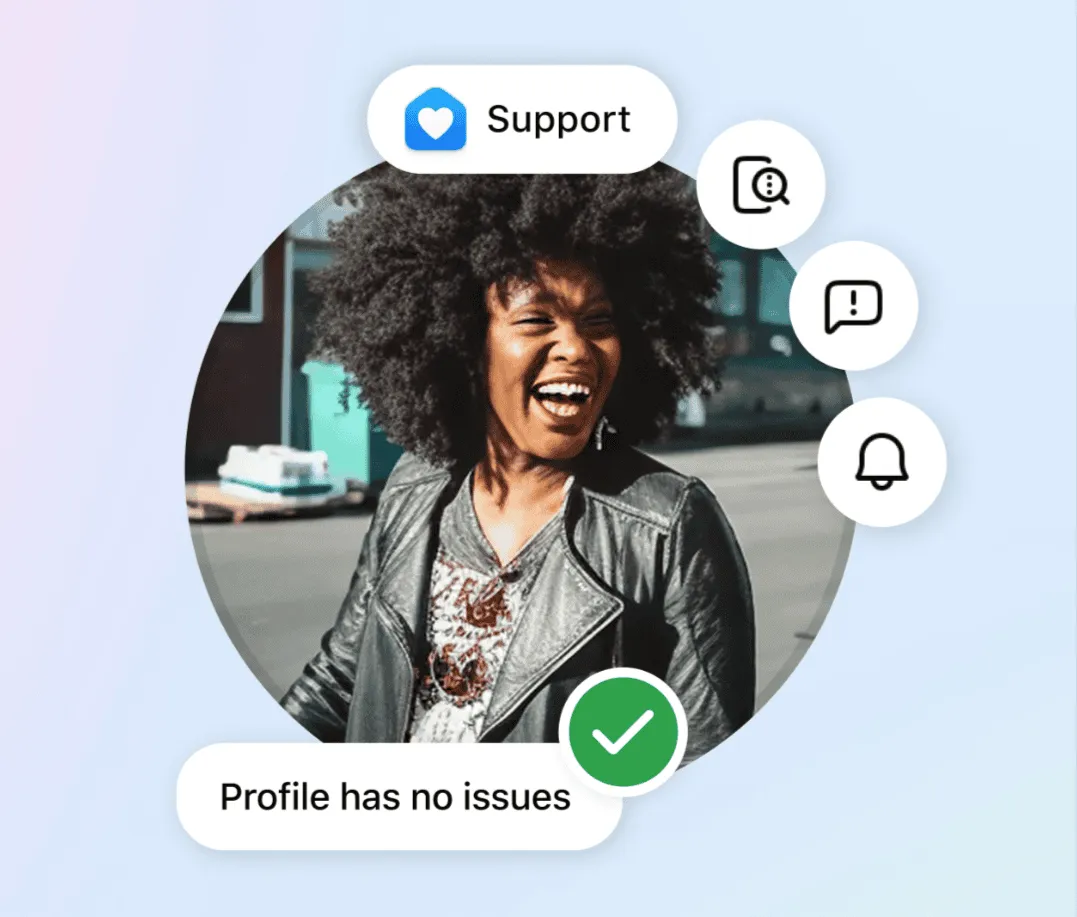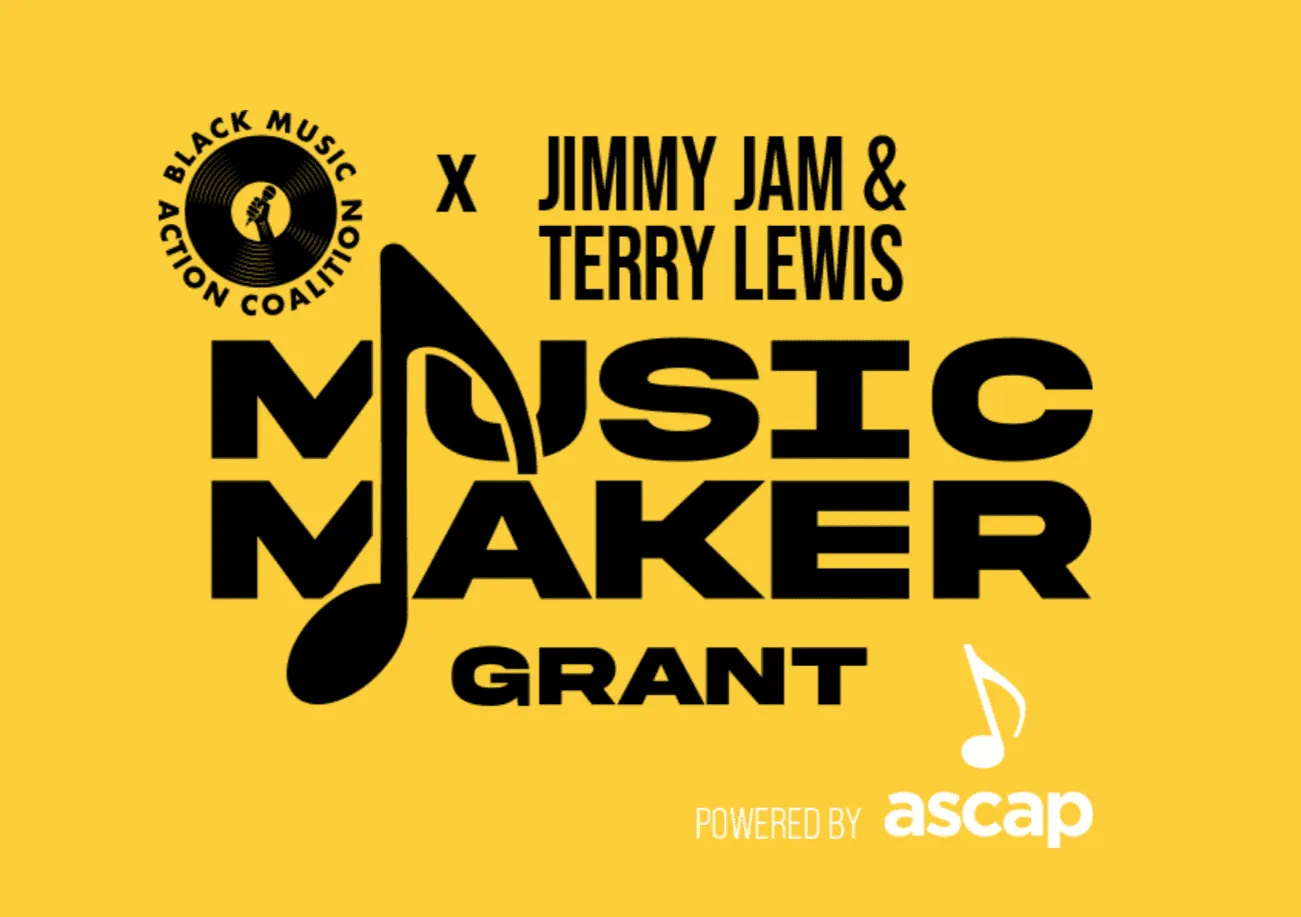Guitar Hero Franchise Dies, Music Industry Loses
Activision has terminated the division that designed Guitar Hero and it's follow-ups. Since 2005, there have been roughly twelve titles in the franchise. That's six main titles and six expansions.. Continue reading [https://www.hypebot.com/hypebot/2011/02/guitar-hero-franchise-dies-music-industry-lo




